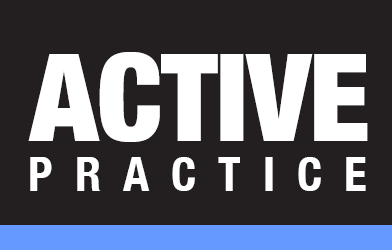Coping in a Temporary Office
/By Wells H. Anderson
A disaster may force you out of your office temporarily or permanently. You lose your old routines and face doing things in new ways. Here are tips on how to adjust to relocation and how to prepare now to survive the disruption.
What to Do in Your Temporary Office
If your damaged former office is accessible, take comprehensive photographs and submit insurance claims as soon as possible.
If you find yourself working from home or in unimpressive temporary space, make arrangements with a nearby building for access to an attractive conference room for client meetings.
Some office suite companies offer conference room services, telephone answering and forwarding, and mailbox services to non-tenants and short-term tenants alike.
Communicate to all your clients, explaining what necessary delays they may expect, giving your realistic timetable for resuming normal operations and telling them how to reach you.
Keep the money flowing. Be sure to send out bills promptly and follow up on any overdue accounts receivable.
Isolation and overload often follow in the wake of a disaster. Make some time to talk with friends and colleagues outside of work and family responsibilities.
How to Prepare Now for Disaster Relocation
Write up a disaster recovery plan that sets forth a schedule of who does what. It brings order to chaotic situations.
Make arrangements for temporary office space and services.
Review and test your data backup procedures and off-site backup media and equipment.
Consider acquiring a backup server, laptops, and network equipment, synchronizing data between your main office and the off-site emergency equipment.
Stockpile supplies, equipment, and mobile phones off-site.
For insurance purposes, schedule quarterly photo shoots to document the equipment and furnishings in your office.
Add insurance coverage to cover property loss, loss of revenue, reconstruction of records, and configuration of computer systems.
Plan how you will determine the current status of each active matter and communicate with your clients about them.
Take the planning process seriously. Most businesses do not plan and most fail when severely struck by disasters.
Wells H. Anderson is president of Active Practice LLC. He can be reached at info@activepractice.com.






